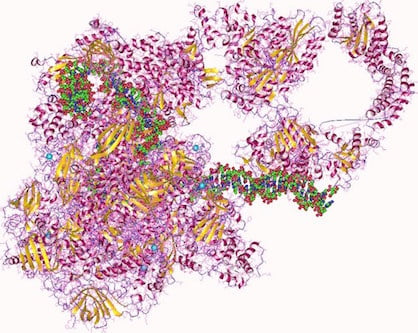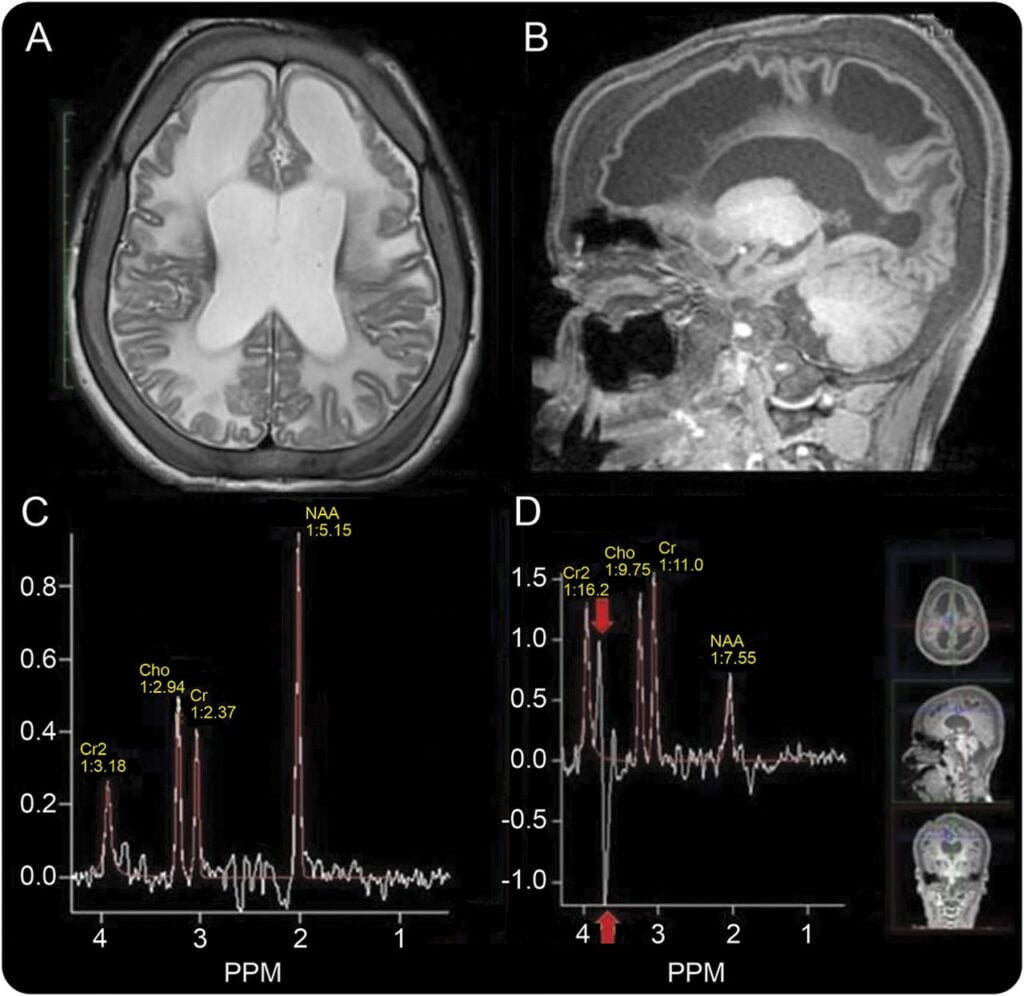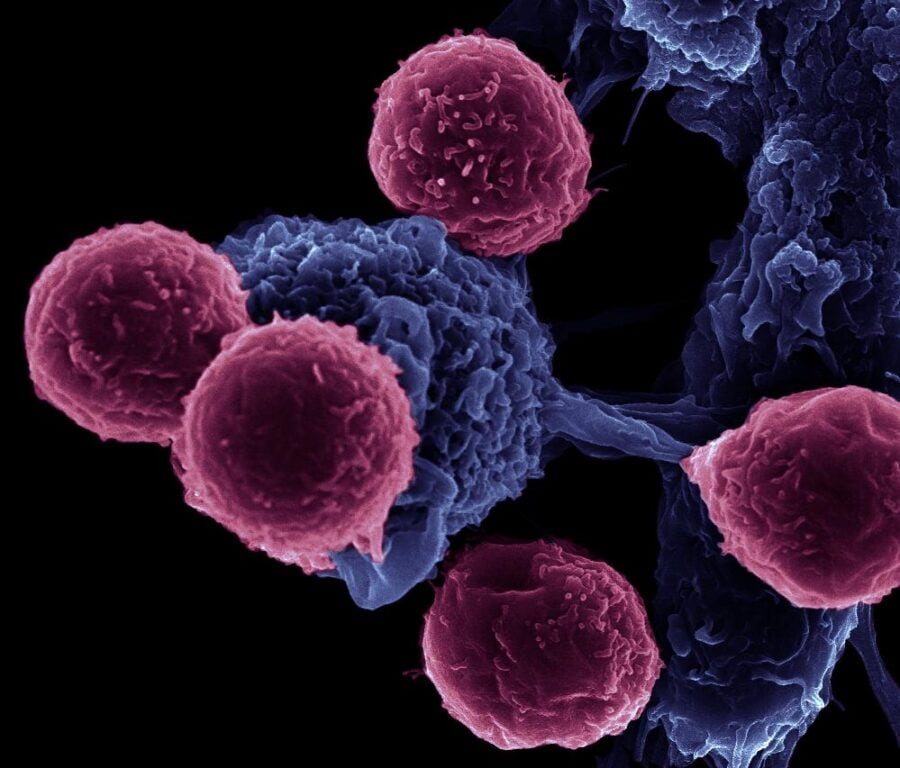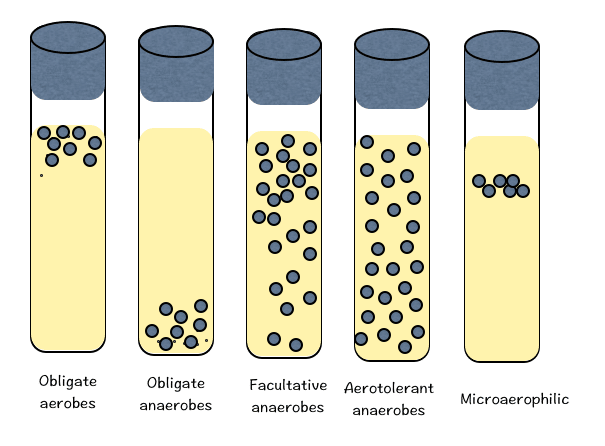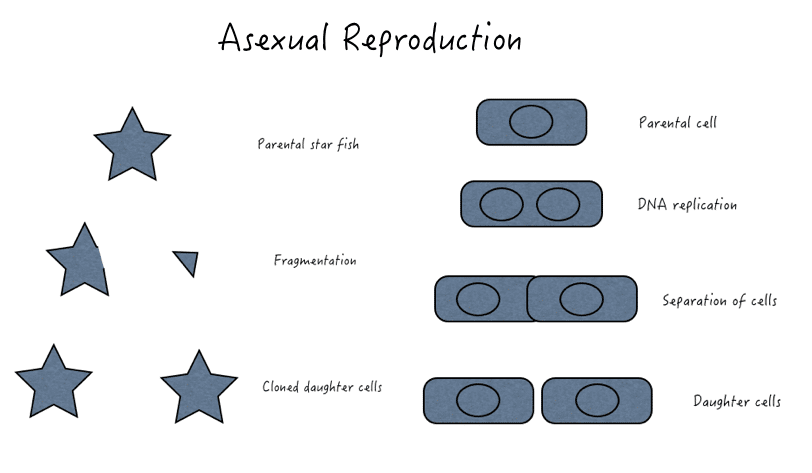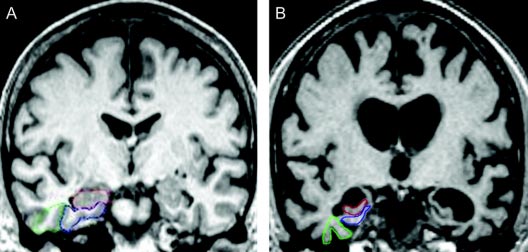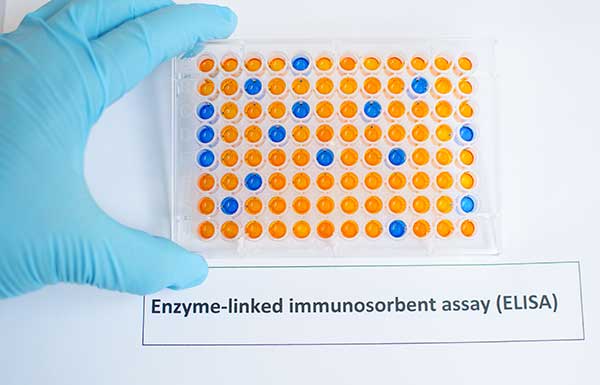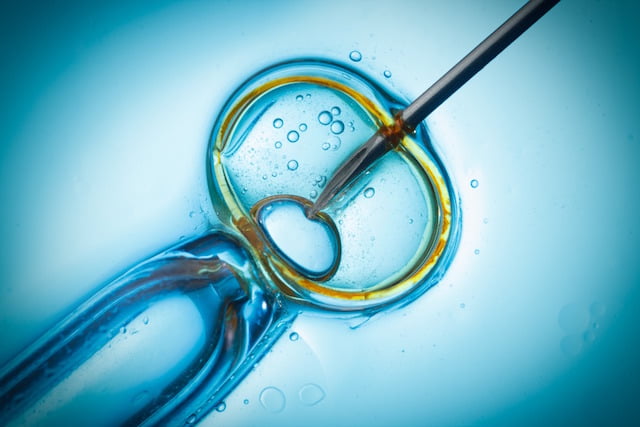RNA Polymerase in Prokaryotes and Eukaryotes
Introduction – Transcription is the synthesis of RNA from DNA, catalysed by a very special enzyme, RNA polymerase (RNAP). The DNA in the gene is used as a template to make a Messenger RNA (mRNA) strand which is done with the help of RNAP. RNAP was Discovered by Samuel B. Weiss and Jerard Hurwitz in […]
RNA Polymerase in Prokaryotes and Eukaryotes Read More »
